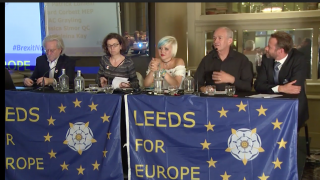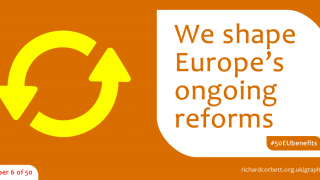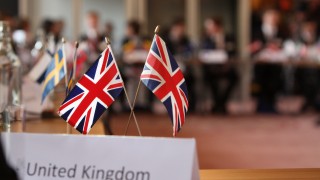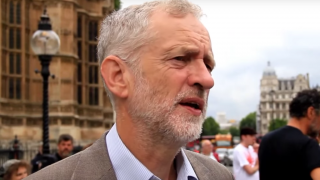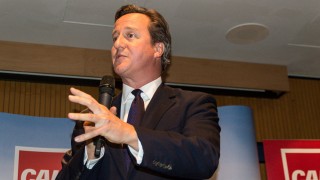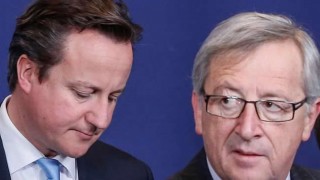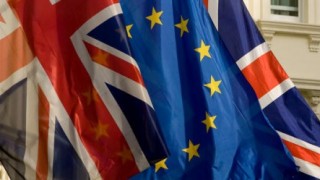-
It’s rare to find a politician in Europe who can talk about the EU without mentioning the R-word. Reform is the apple pie of European politics: every politician wants a slice.
This is fair enough. Nobody would seriously argue that the EU doesn’t need to evolve.
But the point that our own prime minister seems not to appreciate is that changes are already happening. Indeed, they have always been happening. When you get right down to it, the European Union is simply the system we’ve built to agree how to handle issues that affect us all. So reform is an ongoing process, not a one-off event.
From the way we make European laws to the fine details of how we manage our mutual independence, the EU has always been changing.
The question now, as ever, is simply what’s next on the agenda.
-
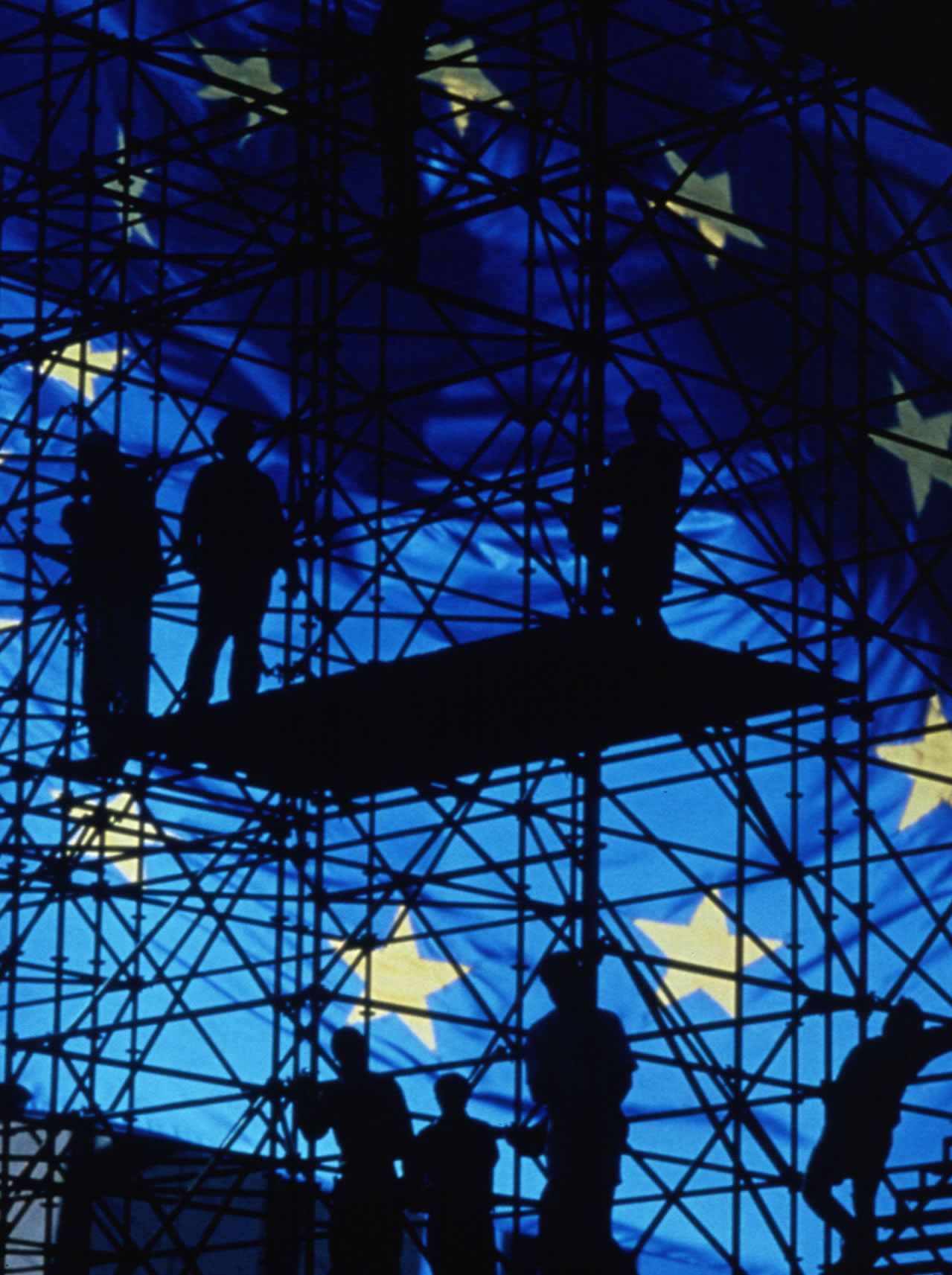
Ongoing reforms
Historical reforms
When I first became interested in European affairs, the EU indeed fell short in terms of democratic accountability. But since then it has improved significantly.
Things were never as bad as eurosceptics claim. EU legislation is not adopted by unaccountable bureaucrats. Decisions are taken by ministers in the EU Council and elected MEPs in the European Parliament. The European Commission simply makes proposals (and implements what is agreed).
Even so, until a few years ago, EU legislation was adopted behind closed doors, by ministers who didn’t necessarily need parliamentary approval. This was called the ‘democratic deficit’.
But, thanks to successive reforms, things are now much better.
Cameron’s reform agenda
David Cameron has his own reasons for wanting to paint himself as a lonely crusader for change in the EU.
His fragile parliamentary majority includes an increasingly vocal core of hard-right Tory MPs who hate Europe far more than he will ever care about it, and who are desperate to force Britain’s withdrawal from the club. Their strategy is to make reform demands that they know are undesirable or impossible or both, so they can claim the whole thing is unreformable. They will be tough for Cameron to face down, especially without a conveniently pro-European coalition partner to blame. But face them down he must, if he is to make progress on real issues.
On the other hand, there’s also the temptation to invent or greatly exaggerate “problems” that everyone can agree to “solve” without much fuss, and then claim victory back home. The real value of such cosmetic changes is obviously next to nothing, but we already know Cameron is attracted to them as a way to appease the sceptics.
So Cameron must steer a narrow course between the impossible and the trivial. If he succeeds, against the odds, he may yet find himself able to play a constructive role — perhaps even a leading role — belatedly joining the EU’s genuine, ongoing reform process. That would be a personal legacy well worth aiming for.
But the next time other European leaders express bafflement at Cameron’s latest attempt to shore up his crusading credentials back home, remember: they are not baffled by his suggestion that the EU needs to change. Quite the opposite: Europe has always been changing. No, what baffles them is that the British prime minister — a lonely crusader indeed — somehow seems not to have noticed.
Read a detailed analysis of Cameron’s demands
